|
Confession: I have been working on this post for a few days now. I planned to talk about the word hubris, and maybe I will someday, but after reading and writing for several hours, I have decided to go in a completely different direction. Has that ever happened to you? I thought I knew what I was writing about but as I studied and thought I realized that the material was diverging from my original thoughts. This feeling, though somewhat discombobulating (another great word), is what I love about learning. I was not incorrect in my original direction, but the opportunity to learn something new took me down an intriguing path. Come walk with me.
My grandfather was an artist by trade and along the way, he collected some interesting books about art. One of them is called Shepp's Photographs of the World. The copyright is listed as 1892. The good old days of 1892. Everything was better back then. Well, maybe not everything. There were no antibiotics. The country treated people of color with the understanding that they were lesser citizens. The life expectancy was 48.4. But it was an exciting time. Things were looking good for the United States. Grover Cleveland was fighting the spoils system and we were had not yet fought in the Spanish-American War so there was no need to, "Remember the Maine." The country was healing from the Civil War and figuring out a new path as a united nation. Rapid changes in the world filled people with wonder and optimism. The Bessemer process had revolutionized the steel making process and railroads were connecting people in ways that had previously seemed unimaginable. The publication date is almost the end of the Gilded Age, which I just learned because I Googled it, was named that because it looked like a Golden Age, but things underneath were less than perfect. (Thank you Mark Twain and Charles Dudley Warner for that excellent description.) Side note: I had learned that it was the Gilded Age but never grasped the meaning behind the term. Interesting. Today's Word: Limn One syllable. Pronounced [lim]. verb. Defined in the OAD as to depict or describe someone or something in painting or words. As I said, this word wasn't my first choice to write about, but as I was writing about Shepp's Photographs of the World I was quoting from the preface and came across this word which I had never taken the time to look up. Let me continue with my explanation about the book and you'll see the word come up in context. My favorite part of Shepp's Photographs of the World is the preface. Most of the book is photographs of monuments, cities, and natural landmarks. There are some photos of famous works of art. The premise as explained in the preface is that few people will ever be able to travel around the world and see all the wonders it has to offer and even if they can travel, they won't make it to all the places to see all the things. ". . . a trip around the world, in the literal sense, would reveal to the traveler only a portion of its scenes of interest. Many of its greatest wonders lie off the line of circumnavigation and require to be reached by special journeys. To really see the world, one must explore it, seeking out spots to the north and south at every stage of the voyage " They mention that a newspaper reporter outdid "Mr. Phineas Fogg's famous flying voyage of eighty days," but continue on saying that a trip at this pace leaves little time for any sightseeing. The preface continues, "Fortunately for the public, the perfection of the art of photography . . . have rendered it possible to bring the whole world home to anyone's door in a manner heretofore unknown. The panorama of the world has been limned by the sun to such an extent that there is no longer an excuse for our remaining in ignorance of its most inaccessible or remote marvels. We can surround ourselves, in our own homes, with the scenes which intrepid and adventurous explorers have taken for us, often at the cost of their lives, and visit the great historic sites, the centers of strange civilizations, as well as the habitations of barbarous and savage tribes, without moving from our own firesides." Since first reading it, I've loved the part where it says "the perfection of the art of photography" because this is 1892. Photography was far from perfected. But today I noticed that word limned and I realized that they are saying that the sun has allowed for the depictions of these great places. The sun. Because photography is light [photo] writing [graph]. Aaaaahhhhhh!!! Isn't that so cool!?!?! Looking through the book I see recognizable monuments, but the descriptions are no longer accurate. For example, on page 159 the Eiffel Tower is described as "being the loftiest monument in the world." In the photo of the Arch de Triumph, there is no Tomb of the Unknown Soldier because that wasn't built until the Great War. The Brooklyn Bridge is described as "by far the largest suspension bridge yet constructed". After perusing the pages and exploring from my house, I remember the admonishment in the preface to the readers of 1892 that there is no longer an excuse for remaining ignorant of the world around them because photography made the world accessible. If the 1892 audience has no excuse where does that leave the 2019 audience? I don't believe that photography or cinematography have been perfected, but they are beyond impressive. Most of us have access to the world at our fingertips. (If you have access to Google Earth then this is you.) There are also excellent documentaries and shows about the world that allow us so much access to the incredible and awe-inspiring. So as I close today, I give you (and myself) the same admonishment the author gave in 1892 - Surround yourselves with scenes which intrepid and adventurous explorers have taken for you. Visit the great historic sites, the centers of strange civilizations, as well as the habitations of barbarous and savage tribes, without moving from your own home. Travel is wonderful and I encourage it, but a lack of funds to travel does not limit the amount you can expose yourself to the magnificent world around you.
0 Comments
Leave a Reply. |
"A jack of all trades is a master of none, but oftentimes better than a master of one." Archives
May 2020
Categories
All
|
AdventuresGet in Touch |
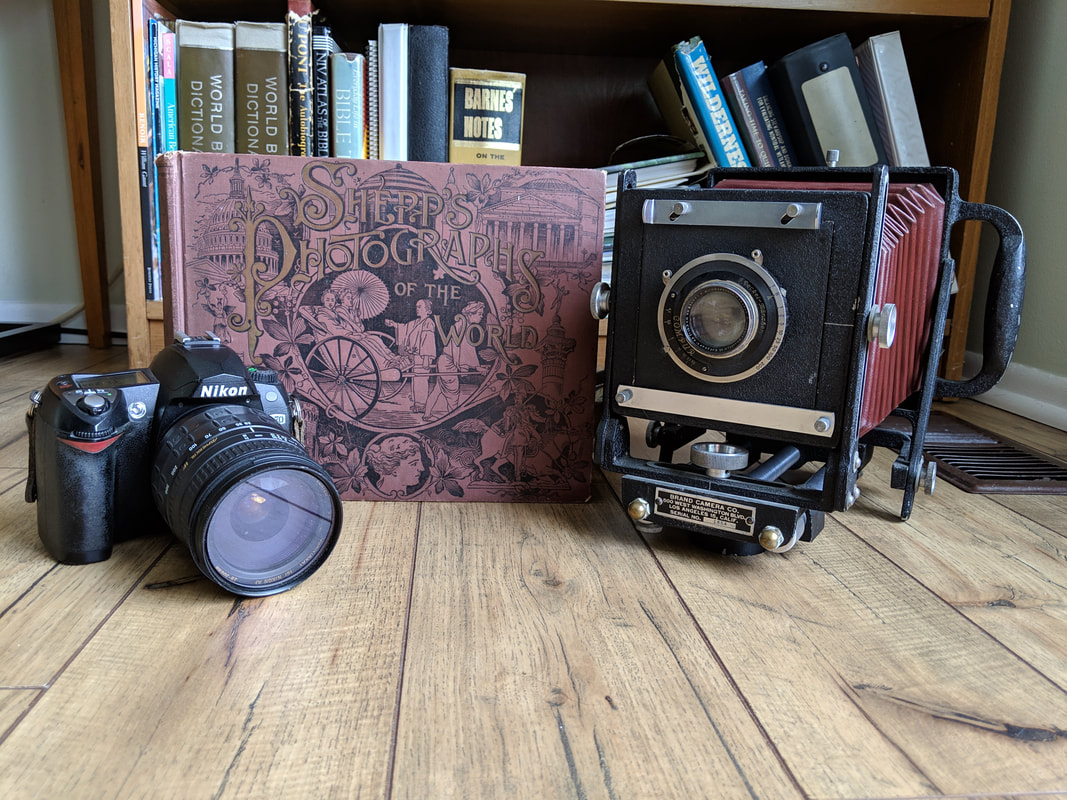
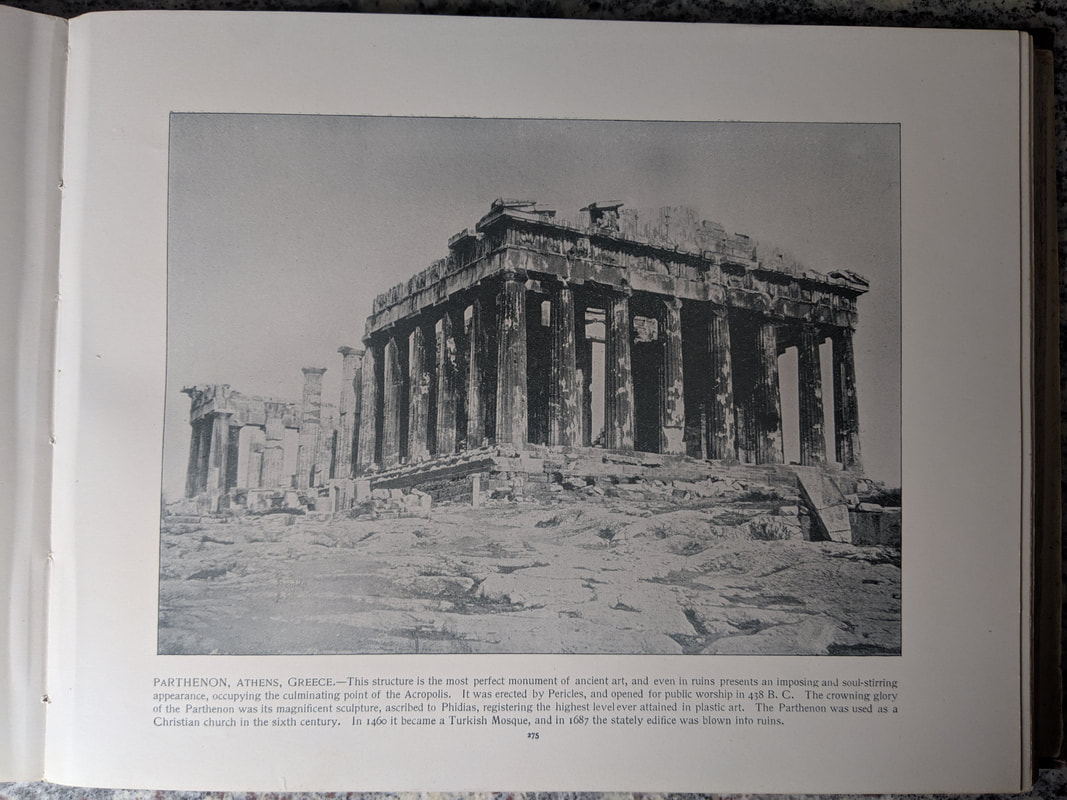
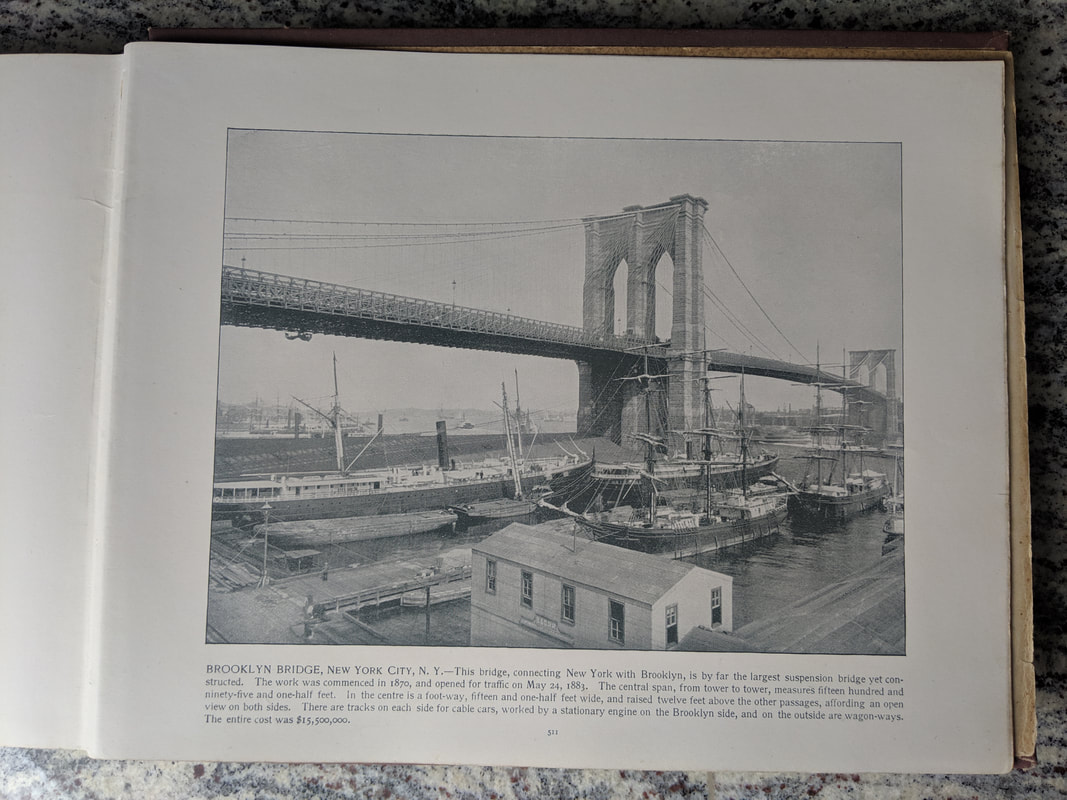
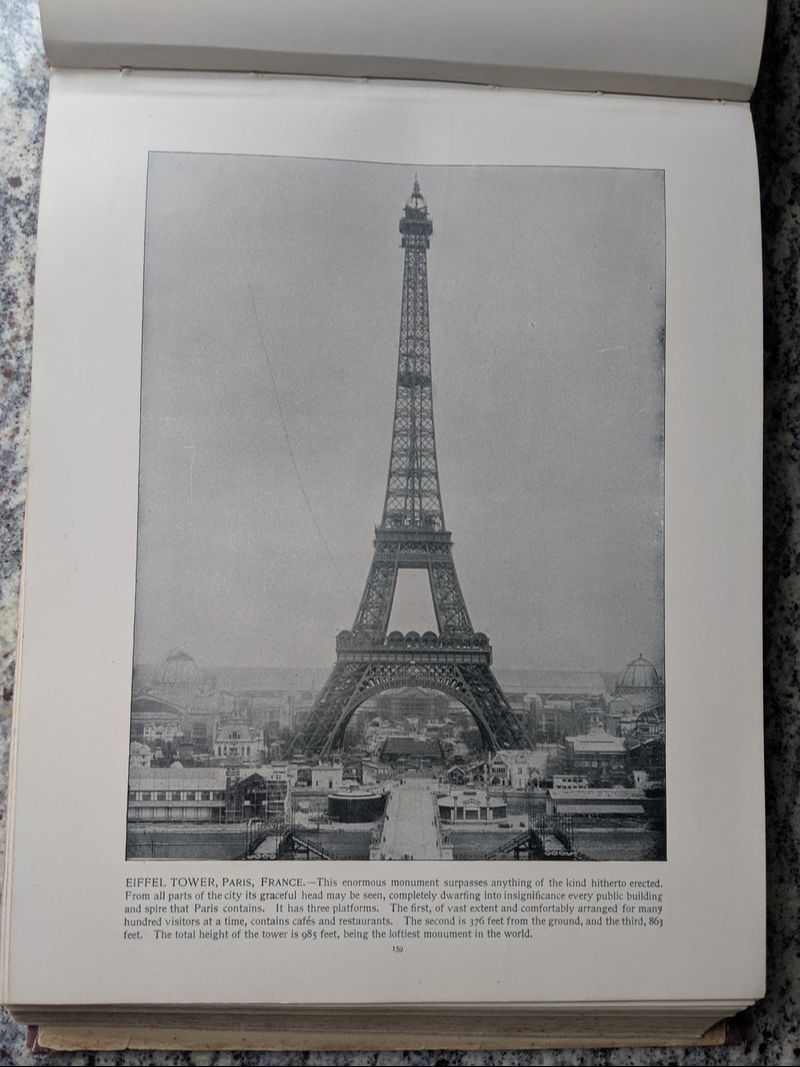
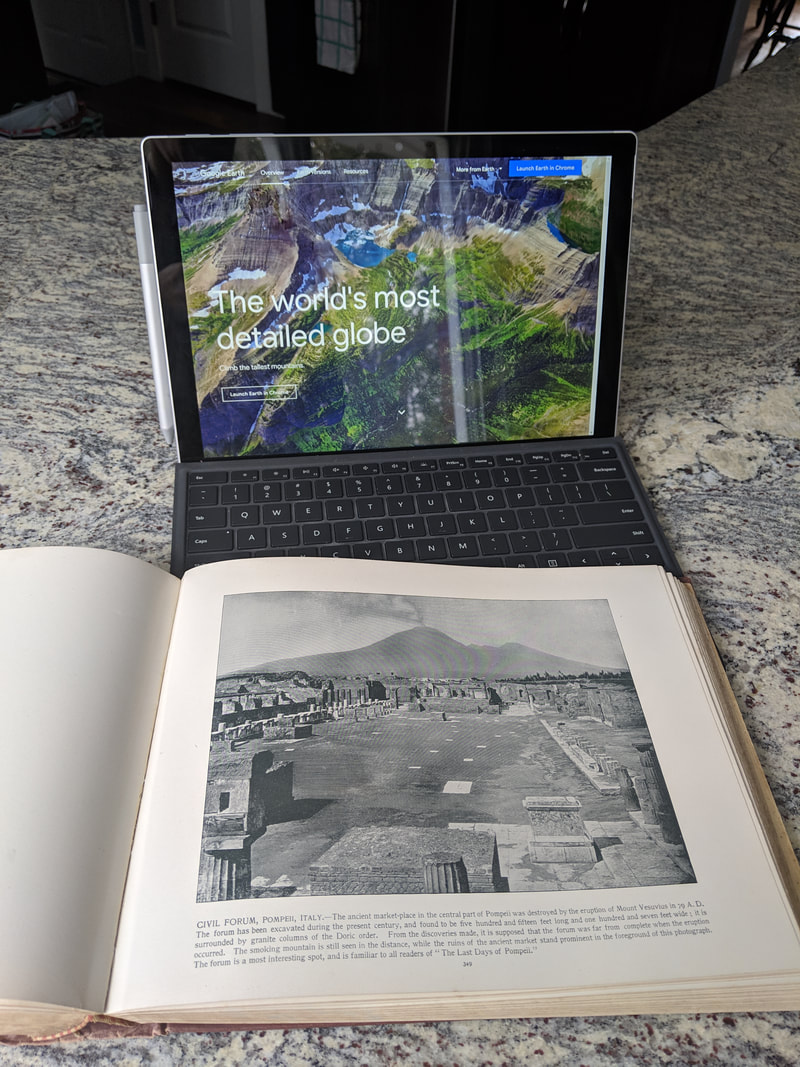
 RSS Feed
RSS Feed